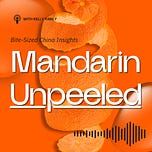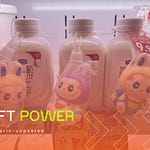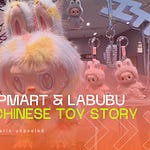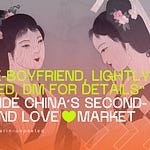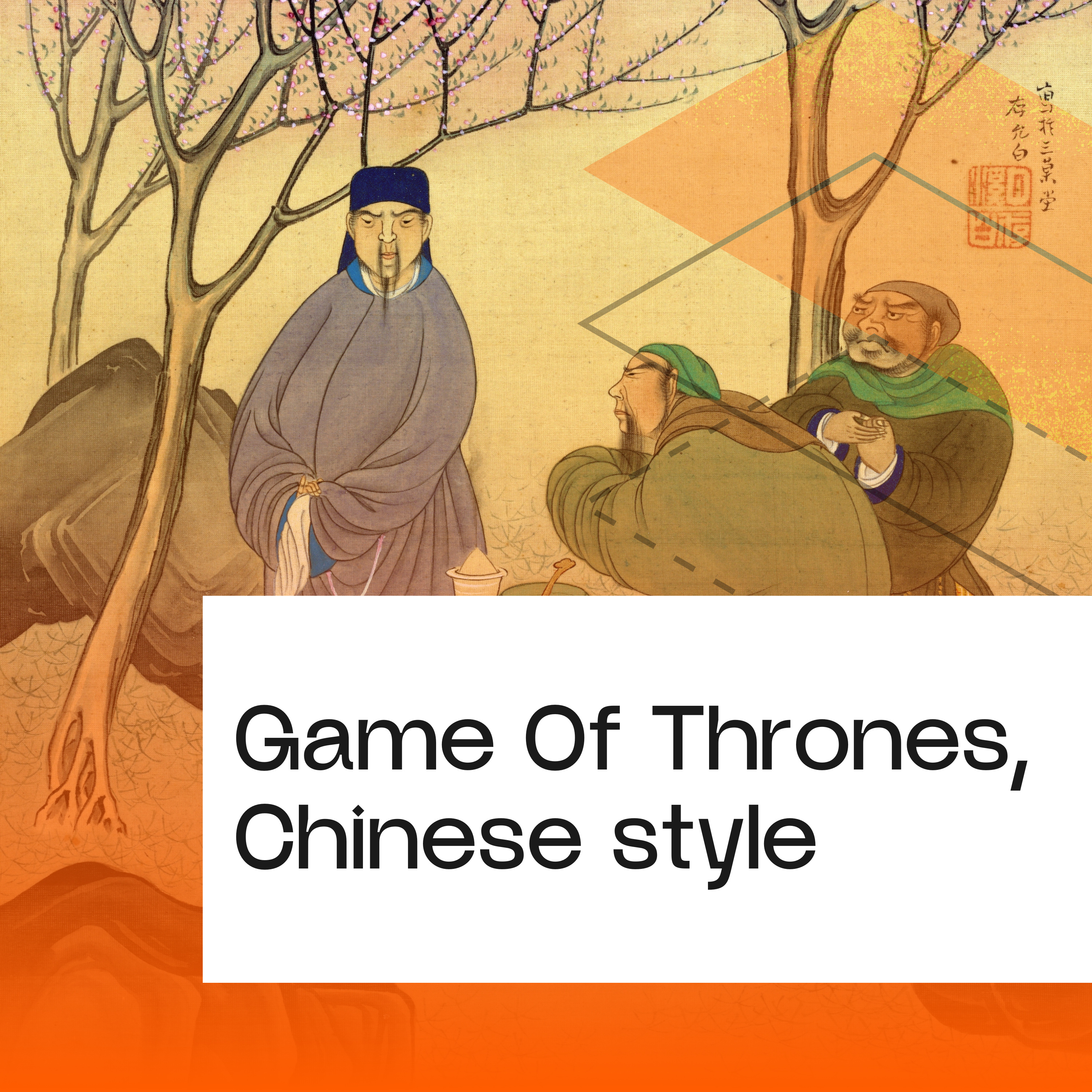This post is the investigative companion guide to “The Labubu File: A Chinese Toy Story” from the ‘Mandarin Unpeeled’ podcast. If you haven’t listened yet, I recommend starting there and following us for the full story.
Every so often, the internet finds a new villain for “late-stage capitalism.”
Right now, it’s Pop Mart 1— the Chinese company behind Labubu, a gremlin-like toy that adults are collecting, trading, and sometimes fighting over.
Critics call it mindless consumerism at its worst: another dopamine-driven fad for adults who should know better. But blaming Pop Mart misses the bigger story.
We live inside an economic machine designed to overconsume. When engineers made lightbulbs burn out faster a century ago — the birth of planned obsolescence — we decided that profit would outrun reason.
Apple’s annual iPhone release, Tesla’s endless updates, Pop Mart’s limited-edition Labubus — they’re all proof that the system works exactly as intended.
Pop Mart just happens to make the system look cuter.
But instead of being a villain, it is merely a mirror — of the world we built, and of who we’ve become.
What’s new though, is that this mirror was made in China — and now the world is gazing back in a different way.
For decades, China was the world’s factory, not its fantasy. It made the products that powered our dreams but rarely shaped them. Pop Mart is rewriting the ‘Made In China’ narrative.
It isn’t winning on low prices or even better functionalities or performance. It sells something intangible: emotion, belonging, identity — the kind of meaning we once thought only Western brands like Disney could deliver.
That’s what makes Labubu’s rise quite remarkable.
I’m no fan of overconsumption — and yes, we should talk about waste, addiction, and late-stage capitalism’s grip. But the point isn’t how many Labubus we’re buying; it’s what they reveal about the system we’ve built, and how we might rewrite it for the future.
Especially in an age when AI curates our choices and predicts our desires, will our taste soon become algorithmic — converging across cultures and national borders? And if so, what kind of commerce, and what kind of humanity, will emerge on the other side?
Some articles in this category:
The New Yorker, What the Labubu Obsession Says About Us, July 2025
The New York Times, Opinion|Rescuing My Daughter From The Cult Of Labubu, October, 2025
The Falconer, Labubu, Rise Of Overconsumption, August 2025
Vox, The dopamine-driven secret to Labubu obsession - Vox, July 2025
Want more pulp? Here’s how to get it:
📩 Subscribe on→ Substack
🍊 Instagram → @mandarin_unpeeled
💬 Bluesky → @mandarin-unpeeled.bsky.social
🎙️ Podcast Episode →
🌏 About Mandarin Unpeeled: Bite-sized explainers that unwrap how China really thinks, feels, and evolves, and how it is already impacting you — told by someone who’s lived, studied, and worked across both East and West.


